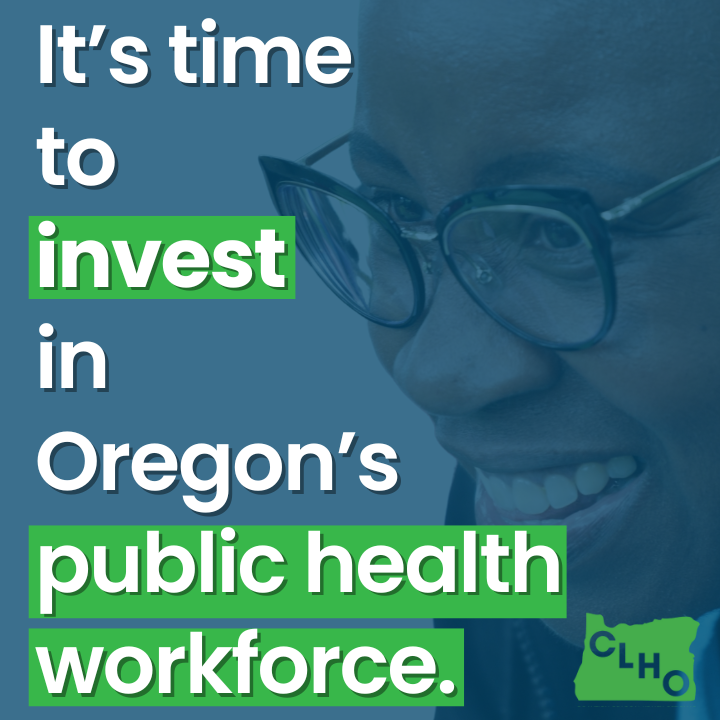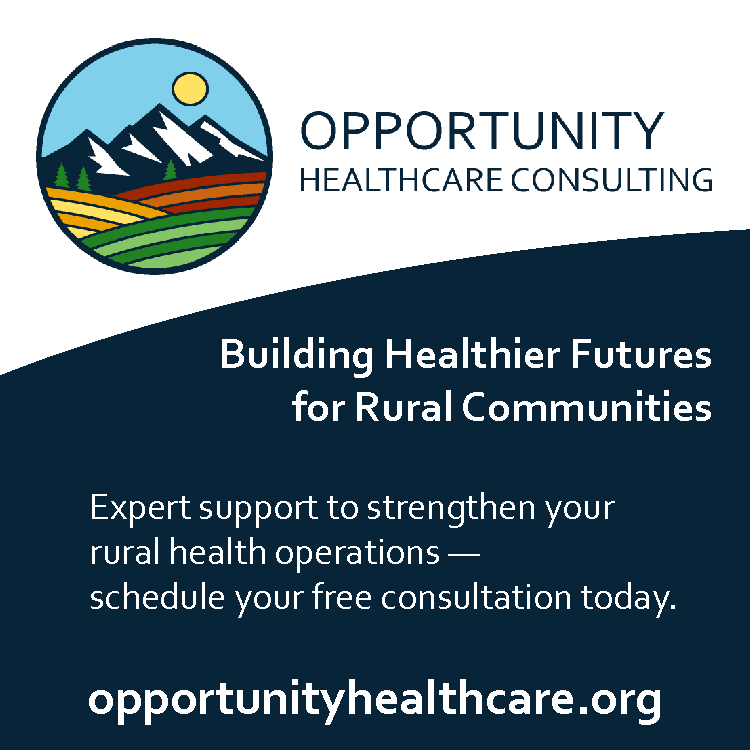
In recent years, social determinants of health have become central to conversations about health-care delivery, and with good reason: medically complex patients and those with unmet behavioral and social needs consume a disproportionate amount of time and money in the health-care system.
But while addressing social determinants of health is essential to individual wellness and building strong communities, expanding standard medical systems, methods and care to do so is not the answer.
If we want healthier communities that need less medical care, we need more effective community-based management and intervention, and better communication between the social services and medical communities. A new care model based on smart networks and run by social service providers with a deep understanding of the complex, adaptive and overlapping factors that shape social networks and influence individual and community health is needed.
Use The Right Tool
Underlying modern medical care is a solid foundation of deep, evidence-based knowledge. Practitioners undergo rigorous training to learn it, and practice specialized methods within highly sophisticated systems to deliver safe and effective care. Equally, social service practitioners undertake their own unique and specialized training. And both social service and medical disciplines need dedication and passion that does not necessarily crossover.
We would not expect a caseworker to perform a Cesarean section, and we should not expect an obstetrician to find a child support lawyer for her patient.
Don’t Reinvent The Wheel
Additionally, medical system management of social determinants of health will increase, not decrease, costs. “Super-utilizers” – those 3 percent of individuals who account for 30 percent of health-care costs – experience social determinants that negatively impact their health prior to entering the health-care system. Addressing social issues at the end of the cycle is like providing primary care in the emergency room – it costs more and is less effective than preventive treatment.
Further, a cross-sectional, longitudinal analysis of 4,774 publicly insured or uninsured super-utilizers in the Denver area showed that fewer than half remained super-utilizers at 7 months and only 28 percent remained at the end of a year despite the number of people in the cohort staying the same. Some lost coverage and were no longer tracked. Others had improvement in an acute medical problem, lowering their cost to a level outside the high utilizer definition. At the same time, new cases from the community took their place in the high-utilizer cohort.
At any given time, therefore, those currently being served by the medical system represent only a fraction of the total number of individuals experiencing social issues that will likely lead to super-utilization in the future. Social determinants of health are continually generating new super-utilizers, and the health-care system does not have the capability or capacity to adapt quickly enough to make meaningful change.
The place where social problems originate is the place where they need to be addressed: in a new, community-based care model using smart networks of social service provider panels. A community-based model will:
- Address problems at the source.
- Allow for cleaner, more cost-effective implementation into social service systems already specializing in addressing social determinants of health.
- Empower communities and encourage place-based adaptation to meet local needs and grow community-specific capabilities that drive sustainable change.
- Easily integrate into value-based health-care risk models accessible by referral from medical practitioners.
- Create outcome-driven reimbursement strategies that hold both medical and community providers accountable.
- Improve medical care while reducing medical costs associated with social complications.
There is an incredible opportunity for medical management, community social service and governmental systems to collaboratively develop a new care model that addresses social determinants of health, better serves the common good and reduces costs.
Michael Rohwer is executive director of Curandi and a member of The Lund Report's board of directors. You can reach him at [email protected].


